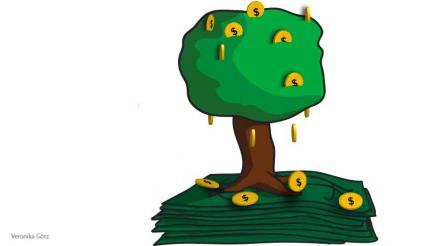What is the financialisation of nature?
We live in a time of finance capitalism, where trading money, risk and associated products is more profitable and outpaces trading goods and services for capital accumulation. This requires the constant development of new asset classes, one of which is nature itself and its associated services, such as climate regulation, water purification or pollonisation. This is what we describe as the financialisation of nature. This has huge implications for the future well-being of the planet and livelihoods on which communities depend upon, since it exposes nature’s protection to the whims of the capital markets.

